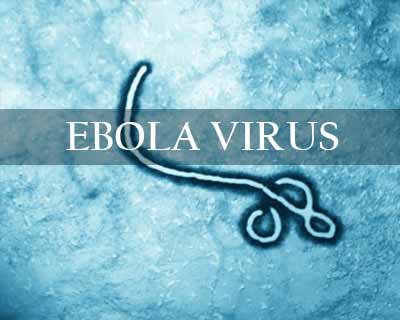- Home
- Editorial
- News
- Practice Guidelines
- Anesthesiology Guidelines
- Cancer Guidelines
- Cardiac Sciences Guidelines
- Critical Care Guidelines
- Dentistry Guidelines
- Dermatology Guidelines
- Diabetes and Endo Guidelines
- Diagnostics Guidelines
- ENT Guidelines
- Featured Practice Guidelines
- Gastroenterology Guidelines
- Geriatrics Guidelines
- Medicine Guidelines
- Nephrology Guidelines
- Neurosciences Guidelines
- Obs and Gynae Guidelines
- Ophthalmology Guidelines
- Orthopaedics Guidelines
- Paediatrics Guidelines
- Psychiatry Guidelines
- Pulmonology Guidelines
- Radiology Guidelines
- Surgery Guidelines
- Urology Guidelines
Human semen can carry Ebola virus 9 months after recovery

New York : Ebola virus can persist in the semen of survivors of the epidemic for up to nine months after their recovery, said a new study.
These results stress the importance of monitoring survivors in order to prevent the risks of new epidemic outbreaks.
The study is associated with the PostEboGui programme, which has been conducted in Guinea since November 2014 to monitor, for two years, a cohort of over 700 adults and children who survived the most serious Ebola epidemic in West Africa, in 2014.
In this study, the researchers from the University of Conakry and other team members monitored the first 450 patients from the PostEboGui programme, both men and women, for one year.
They took specimens of body fluids (tears, saliva, faeces, vaginal fluids and semen), on the first day of the study, and every three months thereafter.
In order to detect the presence of the Ebola virus in these fluids, the researchers used molecular biology techniques employing the polymerase chain reaction (PCR) and detection of ribonucleic acid (RNA), in hospitals in Guinea.
Ebola virus was detected in specimens taken from eight men, for up to nine months after recovery.
They emphasise the need to recommend, at international level, the use of condoms by survivors in the months following their recovery.

Disclaimer: This site is primarily intended for healthcare professionals. Any content/information on this website does not replace the advice of medical and/or health professionals and should not be construed as medical/diagnostic advice/endorsement or prescription. Use of this site is subject to our terms of use, privacy policy, advertisement policy. © 2020 Minerva Medical Treatment Pvt Ltd